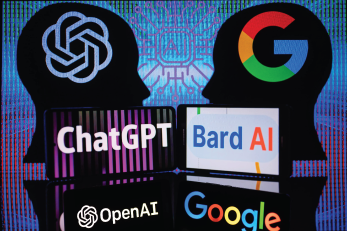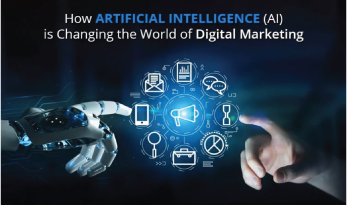AI and Its Role in Crime, War, and Justice
Crime Prevention and Ethical Challenges
AI technologies, such as facial recognition and predictive analytics, are revolutionizing law enforcement. These tools can:
- Prevent Crimes: Analyze data to predict high-risk areas and individuals.
- Enhance Investigations: Automate evidence analysis, speeding up criminal investigations.
However, these advancements also raise concerns:
- Privacy Violations: Surveillance systems can infringe on individual freedoms.
- Bias in Algorithms: AI systems trained on biased data can perpetuate discrimination in policing.
War and Autonomous Weapons
The militarization of AI poses significant risks:
- Lethal Autonomous Weapons: AI-driven weapons could operate without human oversight, increasing the potential for unintended escalation.
- Arms Races: Nations may prioritize AI-driven military advancements, creating instability.
Justice and Fairness
AI in the justice system can:
- Improve efficiency in case management and legal research.
- Assist in predicting recidivism rates to inform sentencing.
But ensuring AI fairness is critical to prevent miscarriages of justice. Transparent and unbiased systems are non-negotiable.
AI and the Future of Jobs
Automation and Economic Prosperity
AI has the potential to grow global prosperity through automation by:
- Enhancing productivity in industries like manufacturing, healthcare, and logistics.
- Lowering costs and increasing access to goods and services.
The Risk of Job Displacement
While AI creates opportunities, it also threatens traditional jobs:
- Routine Tasks: Jobs involving repetitive tasks are most at risk.
- Knowledge Work: Even some white-collar jobs, such as legal or financial analysis, face disruption.
Preparing for the Future Workforce
To adapt, we must:
- Focus on Reskilling: Governments and organizations should invest in training programs for AI-related skills.
- Promote Creativity and Empathy: Careers emphasizing human traits like creativity, empathy, and complex problem-solving will remain resilient.
Career Advice for Kids: Encourage curiosity, adaptability, and continuous learning. Fields integrating technology with human creativity, such as AI ethics, design, and education, will be in demand.
AI and Its Effect on Society
Reshaping Society’s Fabric
AI has already begun transforming societal norms:
- Healthcare Advancements: Personalized medicine and faster diagnostics.
- Education: Adaptive learning platforms tailored to individual students.
- Social Inequalities: Access to AI benefits must be equitable to prevent widening the gap between rich and poor.
Maintaining Purpose and Income
A key challenge of AI-driven prosperity is ensuring that humans don’t lose income or purpose. Solutions include:
- Universal Basic Income (UBI): Providing a safety net as automation displaces jobs.
- New Roles: Focusing on AI oversight, human-AI collaboration, and creative industries.
Building Robust and Safe AI Systems
Ensuring Reliability
To build future AI systems that align with our goals, we must prioritize:
- Robust Design: AI systems must withstand hacking attempts and environmental disruptions.
- Transparency: Ensure AI operations are understandable and explainable.
Addressing Ethical Concerns
AI governance must:
- Establish Global Standards: Collaborate internationally to regulate AI development.
- Promote Ethical AI Development: Prioritize societal well-being over profit.
Avoiding an Arms Race
Preventing an AI arms race requires:
- Global Cooperation: Establish treaties banning the development of fully autonomous weapons.
- Focus on Beneficial AI: Redirect resources to AI applications that enhance human welfare.
The Ultimate Question: Will Machines Outperform Humans?
Superintelligence and Existential Risks
Many experts, including Tegmark, warn of the potential for machines to surpass human intelligence. This raises questions:
- Could superintelligent AI systems prioritize goals misaligned with human interests?
- What safeguards are necessary to maintain human control over AI?
Flourishing with AI
AI’s rise need not be dystopian. By leveraging its power responsibly, AI can:
- Help solve humanity’s greatest challenges, from climate change to curing diseases.
- Enable humans to focus on what makes us unique—creativity, empathy, and innovation.
Shaping the Future Together
The rise of AI is inevitable, but its impact is not predetermined. By fostering collaboration among governments, organizations, and individuals, we can:
- Build equitable and ethical AI systems.
- Empower future generations to thrive alongside AI.
- Ensure that humanity remains at the center of technological progress.
As Max Tegmark emphasizes, the choices we make today will determine whether AI helps life flourish or gives us more power than we can handle. Let’s choose wisely.



Hi, this is a comment.
To get started with moderating, editing, and deleting comments, please visit the Comments screen in the dashboard.
Commenter avatars come from Gravatar.